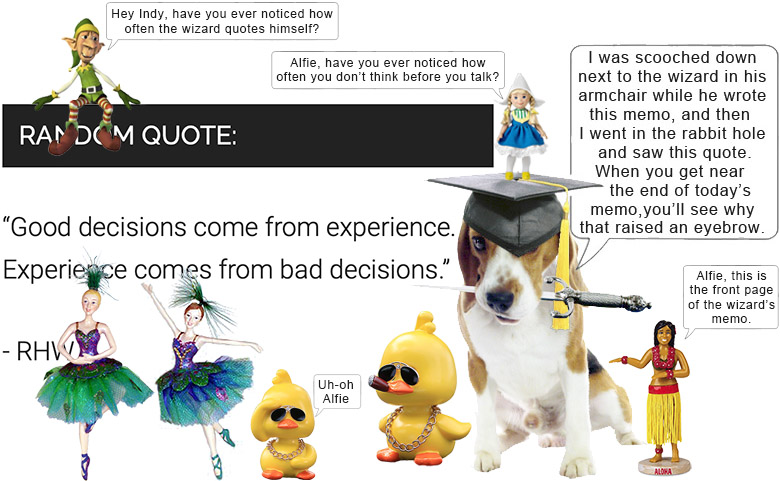I learned about advertising from listening to my eighth-grade football coaches.
“Every play is a touchdown play if everyone on the team does their assignment properly.”
That was one of the two things they bellowed at us every day. The other one was this:
“If you succeed in football, you will succeed in life.”
I was only 12 years old but that didn’t mean I was an idiot. I finished that season, but I never played football again. Those coaches believed what they were saying and that made my head spin because I knew it wasn’t true.
If you believe, deep in your bones, in always doing what is correct and expected, right and proper, then I want you to be the engineer that builds the bridges I drive across. I want you to be the surgeon that operates on me. I want you to be the policeman that cruises the streets I drive. I want you to be the running back, the tight end, the wide receiver of the team I am playing against.
When you’re playing offense and you know exactly what you are going to do and how you are going to do it, the defense knows it, too. You’re “telegraphing the play.” Defenders can read you like an open book.
When you’re carrying the ball and the defenders don’t know what you’re about to do, it’s because you, yourself, don’t know. You are an amazing “broken field runner” because you make every decision at the last split second. You are never where anyone expected you to be. They leap to tackle you and grab empty air.
If you believe in doing what is correct and expected, right and proper, I want you to write all the ads for the company my client and I are competing against.
Predictable platitudes drip from the lips of people who say what is correct and expected, right and proper. Predictable platitudes flow like ink from the pens of the world’s worst ad writers. Predictable platitudes cause people to roll their eyes and say, “Get real.”
I’ll tell you a secret if you promise not to be offended. I’ve never met a great ad writer who was taught how to write ads in college.
Great ad writing is counterintuitive.
You learn how to write great ads by keeping careful track of all the good ideas that should have worked, but didn’t. When you finally run out of good ideas and decide to do something crazy, dangerous, and ill-advised, tell your neighbors to keep an eye on the sky because the airshow and the fireworks are about to be spectacular.
Congratulations, you have finally written a good ad.
Every play is a touchdown play when your team is the only team on the field. But that’s not how football is played, is it? When you begin with the wrong premise, you always reach the wrong conclusion.
To write an ad that is “correct and expected, right and proper” is the most foolish thing you can do.
That’s all I have to say today, but Indy Beagle is going to take this discussion to a much deeper level in the rabbit hole.
That’s where I’m headed now.
Care to join me?
Roy H. Williams
NOTE: To enter the rabbit hole, all you have to do is click the image of me at the top of any memo at MondayMorningMemo.com where the archives contain hundreds of memos and rabbit holes. I’m Indy Beagle.
 When General Electric announced its plan to break itself into 3 different companies last November, roving reporter Rotbart invited business historian Gary Hoover to explain GE’s decline. One company Hoover founded was acquired by Barnes & Noble, while another was purchased by Dun & Bradstreet. These days, Hoover is executive director of the American Business History Center. Want to take a deep dive into legendary American businesses with Rotbart and Hoover and see what we can learn from them? You do? Me, too! Get ready, set, GO to MondayMorningRadio.com
When General Electric announced its plan to break itself into 3 different companies last November, roving reporter Rotbart invited business historian Gary Hoover to explain GE’s decline. One company Hoover founded was acquired by Barnes & Noble, while another was purchased by Dun & Bradstreet. These days, Hoover is executive director of the American Business History Center. Want to take a deep dive into legendary American businesses with Rotbart and Hoover and see what we can learn from them? You do? Me, too! Get ready, set, GO to MondayMorningRadio.com
